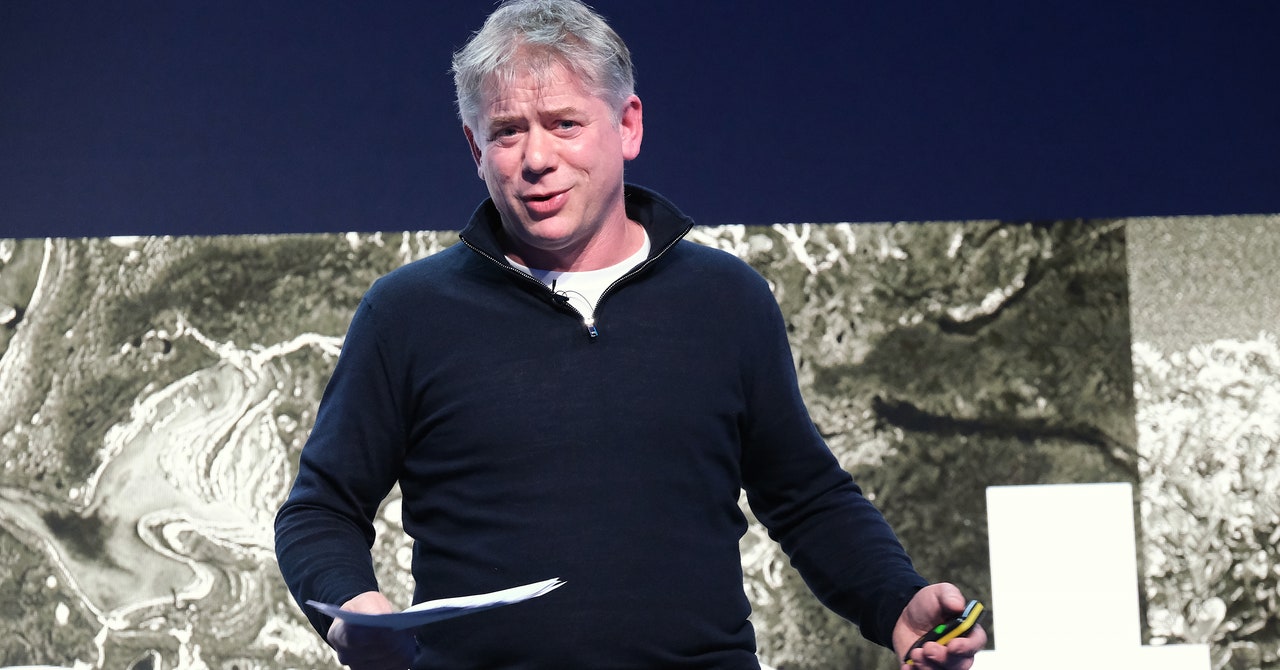
The technology that will carry humanity toward a sustainable future is already here, says Greg Jackson, CEO of Octopus Energy, but heavy-handed regulators and outdated infrastructure are standing in the way of progress. The key to addressing the problem, he suggests, is to take a lesson from the history books.
At WIRED Impact earlier this November, Jackson asked the audience to imagine a scenario in which the early innovators of the internet era—figures like Tim Berners-Lee, creator of the World Wide Web—were not given the freedom to experiment. The ramifications for the pace of development would have been severe, he says, and yet “this is the reality for renewable energy today.”
Content
This content can also be viewed on the site it originates from.
To illustrate the gravity of the problem, Jackson pointed to the obstacles faced by sustainable energy projects in the United Kingdom. Although constructing a wind energy facility takes only two to six months, connecting a new farm to the grid can take seven years, due to the abundance of red tape—a situation Jackson describes as “disastrous.” “We’re talking about a revolution that’s probably more important than the internet, one that will save our planet,” he says. “But it’s being held back by the enormous amounts of central planning.”
The issue is partly that regulators do not understand the degree of change required to meet climate targets, Jackson claims (the UK has pledged to reduce greenhouse gas emissions to net zero by 2050). This means that those at the forefront of renewable energy development have not been given the freedom to explore all available options.
It is clear the UK power grid is “broadly not fit for purpose—neither the infrastructure nor governance,” he says. “We need to give access to the market to all technologies that are going to transform energy.”


